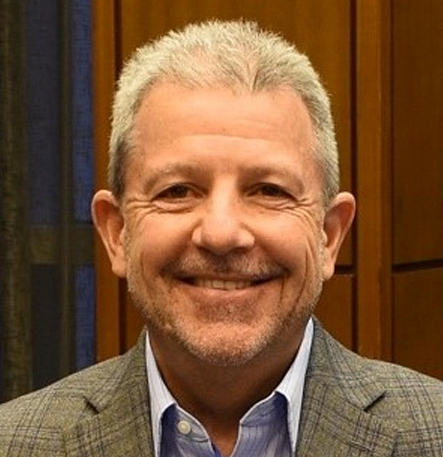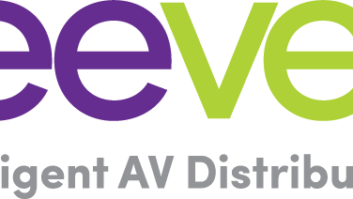 Has WFH helped you achieve work life balance? If yes, what changes have you made, if no, why not?
Has WFH helped you achieve work life balance? If yes, what changes have you made, if no, why not?
It’s actually more of a challenge. The problem with working from home is that it can easily translate into “you’re always at work”, and I think that’s the hardest thing for people to cope with. You need constant discipline to set and keep boundaries between your professional and personal lives.
What have you found hardest about remote working during the pandemic?
Before the pandemic, I spent 40 to 45 percent of the time on the road and out in front of customers. Not having the opportunity to do that face-to-face for serious conversations is a detriment. Zoom and Team calls are the new normal, but you just can’t connect the same way you would in person. It’s difficult to read body language remotely and you don’t know what distractions there may be on the other end that could be competing for your message.
Also, on video calls, you tend to always have time on your mind. Your thought process moves in a different, less focused manner than if you were in a room together. There is too much of a tendency, and perhaps a need, to end calls abruptly with open topics and/or unanswered questions. On the positive side, meetings generally start on time!
What impact has the pandemic had on your physical, mental, medical, emotional and social health?
I can’t see how anyone could not have been affected-with positive and negative outcomes. My position is a social one in terms of keeping face-to-face communications with the customers and being a voice of the company so limitations placed on my historical career initiatives and activities were certainly impacted and I’ve had to ‘adjust’ out of necessity. For those of us with responsibility to communicate with customers, partners, vendors, employees and others in the outside world, you look for the emotional bond you create from personal interactions. Even when giving a speech, you’re focusing on individuals in the crowd to create some kind of bond. Digital communication offers only a fraction of this experience. A need to compensate was required and that figuring that out was a personal challenge.
How has the pandemic affected your sleep, activity and dietary habits – why?
I probably eat better. Being home with more time on our hands, we put some extra effort into planning and cooking more healthy meals. At the beginning of the pandemic, and actually probably halfway through it, we ordered online with everything delivered to our home. We spent a lot more time thinking about what we were going to eat and trying to focus in more on fresh ingredients because we had the opportunity to do that. While I stopped going to the gym, I did go out and buy weights and a bench to set up a workout room and because I was stuck in the house, I just made it a point to chalk out an hour every other day to workout. These are just two factors that may have actually improved my physical well-being.
What could businesses do to help improve remote working conditions?
You need to make sure your people have the tools they need to do their jobs—computers and laptops and the like– and show them that you understand the daily challenges they might be confronted with. A person with several children being remotely schooled and a spouse or partner also working at home faces significantly different daily issues than a person living alone. Issues like bandwidth limitations, computer availability, privacy and space are just not that simple to address. Part of our obligation was to understand individual challenges and be creative in finding workable solutions that suited the need. There was and is not one stock answer on how anyone should or could work from their home. It is key to help make sure they are staying connected and focused against a distracting backdrop.






